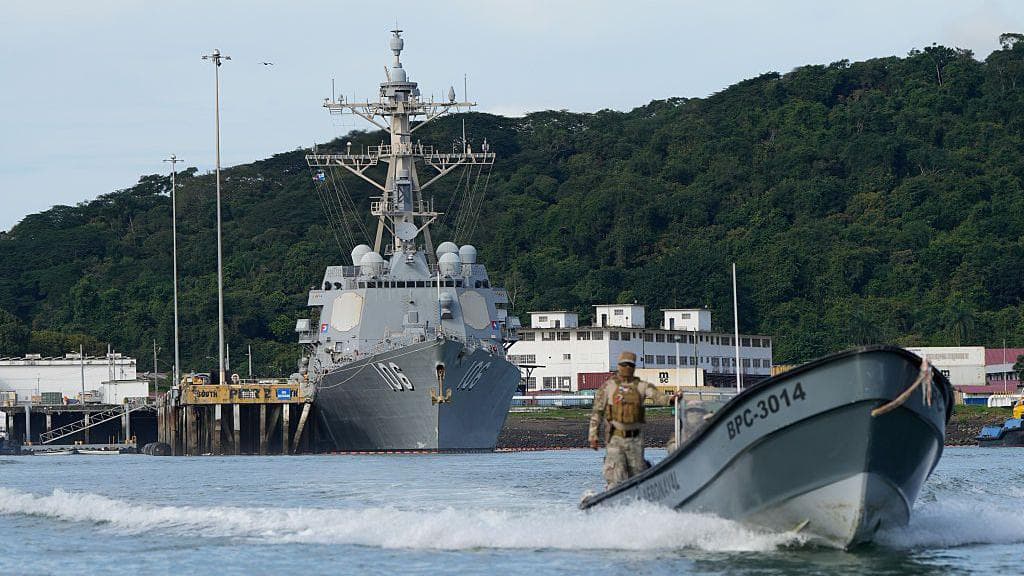We're loading the full news article for you. This includes the article content, images, author information, and related articles.
The United States military has reported seizing survivors following a strike on a suspected drug-carrying submarine in the Caribbean, marking a significant development in ongoing anti-narcotics operations.

In a rare turn of events, the United States military has confirmed the seizure of survivors after a strike on a suspected narco-submarine in the Caribbean Sea. This incident, which occurred on Thursday, October 16, 2025, is reportedly the first time survivors have been recovered from such an operation since a series of similar attacks began in the region last month.
US officials, speaking on condition of anonymity, stated that the survivors are currently being held on a US Navy vessel. The specific details regarding their processing and legal status remain unclear.
Former US President Donald Trump publicly acknowledged the attack, confirming that the targeted vessel was a narco-submarine. He described it as a "drug-carrying submarine built specifically for the transportation of massive amounts of drugs."
This strike is believed to be at least the sixth such operation in the waters off Venezuela since early September 2025. The increased frequency of these interdictions highlights an intensified effort by US forces to disrupt drug trafficking routes in the Caribbean.
The use of custom-made semi-submersibles, commonly known as narco-subs, by Colombian drug cartels dates back to the 1980s. Initially, these vessels were designed to smuggle cocaine through the Caribbean towards Mexico and ultimately into the United States.
Over the years, these illicit vessels have become increasingly sophisticated. Crime bosses are now commissioning advanced fibreglass creations capable of transporting substantial quantities of cocaine over thousands of miles, posing a persistent challenge to international anti-narcotics efforts.
The seizure of survivors introduces new complexities into these operations, including legal and humanitarian considerations. The handling of these individuals will likely set precedents for future interdictions and could influence international maritime law enforcement protocols.
Kenya, while geographically distant, is not immune to the ripple effects of global drug trafficking. The East African nation has increasingly become a transit point for illicit drugs, particularly heroin and cocaine, destined for international markets. This makes robust international cooperation and intelligence sharing crucial for countries like Kenya in combating organised crime.
Key questions remain regarding the nationality of the survivors, the specific cargo on board the narco-submarine, and the legal framework under which they will be prosecuted. The US administration has yet to issue a public statement officially acknowledging the strike or detailing the fate of those apprehended.
Observers will be watching for further announcements from the US government regarding the survivors and any potential intelligence gleaned from this operation. The incident underscores the ongoing cat-and-mouse game between drug traffickers and international law enforcement agencies.
Keep the conversation in one place—threads here stay linked to the story and in the forums.
Sign in to start a discussion
Start a conversation about this story and keep it linked here.
Other hot threads
E-sports and Gaming Community in Kenya
Active 9 months ago
The Role of Technology in Modern Agriculture (AgriTech)
Active 9 months ago
Popular Recreational Activities Across Counties
Active 9 months ago
Investing in Youth Sports Development Programs
Active 9 months ago